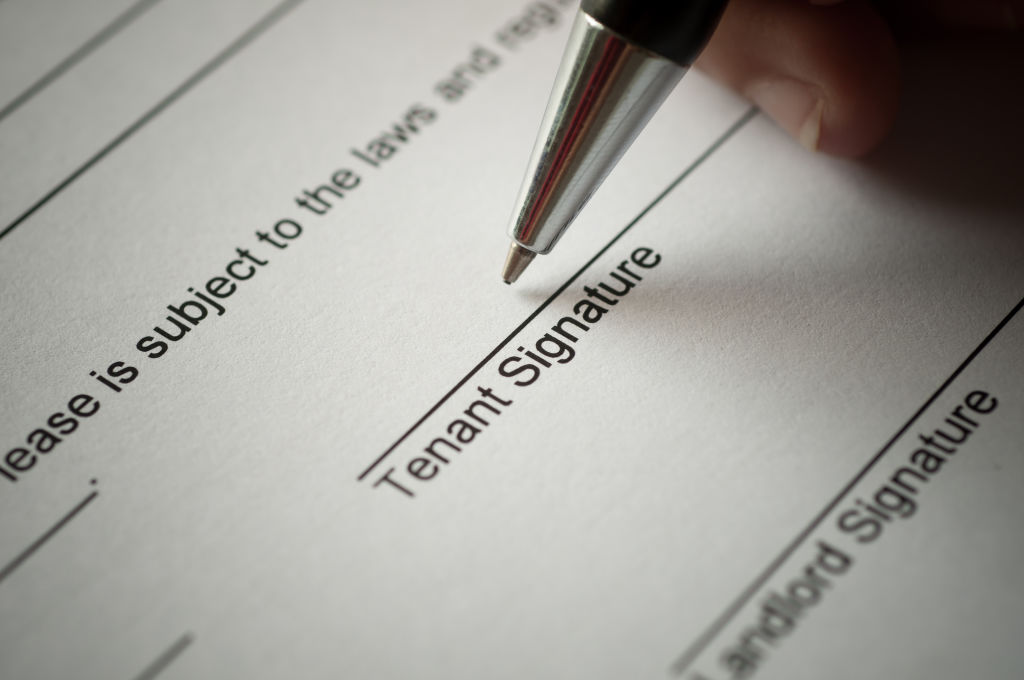Fears of 'second-class' Queensland tenants amid new coronavirus rent laws
Coronavirus-affected tenants risk becoming an underclass of renter during the crisis as landlords shy away from what they think are risky tenants, experts warn.
It comes as the Queensland government faces criticism for watering down their renter protections, and adding a new way for landlords to evict.
The measures ensure tenants and landlords will engage in negotiations about rent decreases, and that those who can’t pay rent can’t be evicted. At the same time, they introduced a new way for landlords to evict – to prepare a home for sale.
This reason can be given at any stage of a lease.
Tenants Queensland chief executive Penny Carr said she was concerned some landlords would try to find ways around the evictions ban to avoid paying reduced rent.
“If you’ve got two groups of tenants in the market and one that’s entitled to rent reduction, some agents and owners will go for the cream of the crop: which of those who can pay the most rent?” she said. “I hope not because this situation is beyond the tenant’s control.
“It’s nobody’s fault what’s happened.”

The new laws have left some tenants confused about where they stand. Photo: iStock
Discipline leader of real estate at the University of Queensland John Sturgeon said landlords would prefer full-paying tenants.
“Even pre-COVID, the selection criteria around tenancies look at abilities to pay, which is the biggest concern,” Dr Sturgeon said. “People who play in that market are risk-averse like all investors, and they’ll seek out lower risk alternatives.
“If you’re COVID-19 impacted, you will be lower on the list.”
Given the weak rental market, mainly because of an influx of short-stay rentals onto the long-term market and the reduced buying power of the renter cohort, Dr Sturgeon said it would be difficult to find new tenants.
“It’s a high-risk strategy,” he said. “A lot of the initial reactions are very knee-jerk. There’s a long lead time to anything you do [in property].”
Greens MP Michael Berkman said the new reason to vacate created a loophole where a landlord could claim to want to sell a property and later change their mind, if they wanted to remove a tenant.
“No one should lose their home during the pandemic, and I’m concerned that Labor’s evictions ban is full of loopholes,” he said. “Even if you’re eligible for the new protections, renters can still be kicked out of their homes.”

Housing Minister Mick de Brenni said the government felt the new notice to vacate had sufficient protections to prevent this behaviour.
“During an economic downturn those selling properties are usually suffering from hardship themselves,” he said.
“It’s important that if a property owner has lost their job, their financial situation has worsened or they have been unable to access Commonwealth income support, that they are able to sell their property and access relief too.
“In these circumstances, property owners will need to give the required notice period and provide an approved reason to end a tenancy.
“[They] may be required to provide evidence that this is true, and if they misuse this provision they could face fines.”
REIQ chief executive Antonia Mercorella said she hoped the changes to the rental protections her organisation fought for wouldn’t be abused.
“We don’t want to see that being exploited. It’s important they do retain the right to move into the premises or sell,” she said.
“Our intent is not to allow people to use those grounds to avoid the spirit of the legislation and evict tenants at this time.”


